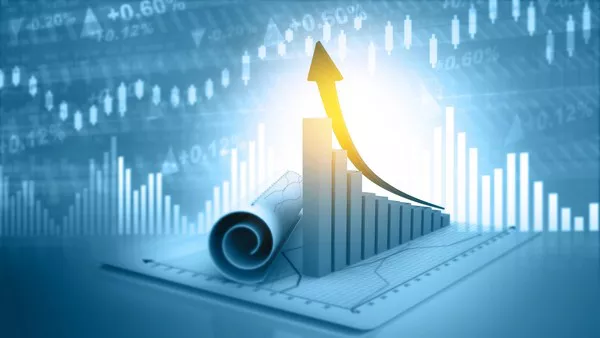Futures markets are financial marketplaces where participants can buy and sell commodities or financial instruments at a specific price and time in the future. Futures contracts offer traders the ability to hedge against price volatility and speculate on price movements. In this article, we will explore how futures markets work and discuss some of the key features that make them an important tool for businesses and investors alike.
-
What are futures contracts?
A futures contract is an agreement between two parties to buy or sell an underlying asset at a predetermined price and time in the future. The underlying asset could be a commodity (such as oil, gold, or wheat) or a financial instrument (such as a stock index, currency, or interest rate). Futures contracts are standardized and traded on exchanges, which provide a centralized marketplace for buyers and sellers to execute trades.
-
How do futures markets work?
Let’s say you are a wheat farmer who wants to lock in a price for your upcoming harvest. You could sell a futures contract for wheat that expires in three months at a price of $5 per bushel. If the market price of wheat falls below $5 per bushel in three months, you would still be able to sell your wheat at the agreed-upon price of $5 per bushel, protecting yourself against price volatility. On the other hand, if the market price of wheat rises above $5 per bushel, you would have missed out on potential profits but would still be obligated to sell your wheat at $5 per bushel.
On the buyer’s side, if someone expects the price of wheat to rise, they could buy a futures contract at $5 per bushel. If the price of wheat increases to $6 per bushel in three months, the buyer could sell their contract at a profit. However, if the price of wheat falls to $4 per bushel, the buyer would have lost money on their investment.
-
Margin requirements
One of the key features of futures markets is margin requirements. When you buy or sell a futures contract, you are required to put up an initial deposit known as a margin. This margin serves as collateral and ensures that you have enough funds to cover any losses that may occur during the life of the contract. Margin requirements vary depending on the asset being traded and can change over time based on market conditions.
-
Marking to market
Another unique feature of futures markets is marking to market. At the end of each trading day, the exchange calculates the profit or loss for each open position and adjusts the margin accordingly. If a trader’s account falls below the minimum required margin, they will receive a margin call and must deposit additional funds to meet the margin requirement.
-
Contract expiration and settlement
Futures contracts have a specific expiration date, after which the contract must be settled. Settlement can occur through physical delivery of the underlying asset (in the case of commodities) or cash settlement (in the case of financial instruments). Most traders do not hold their contracts until expiration but instead close out their positions prior to expiration by selling or buying back the contract.
-
Contract sizes and tick values
Futures contracts have standardized sizes and tick values. For example, one crude oil futures contract represents 1,000 barrels of oil, and the tick value (the minimum price movement) is $0.01 per barrel. These standardized contract sizes and tick values make it easier for traders to compare and trade different contracts.
-
Benefits and risks of futures trading
Futures trading offers several benefits, including the ability to hedge against price volatility, access to leverage, and the potential for profit through speculation. However, futures trading also carries significant risks, including the potential for large losses, liquidity risk, and counterparty risk.
Conclusion
Futures markets provide a mechanism for businesses and investors to manage price risk and speculate on price movements. Understanding how futures markets work and the key features of futures contracts is essential for anyone looking to enter the world of futures trading. While futures trading can be risky, it also offers significant potential rewards for those who are willing to put in the time and effort to learn how to trade effectively.


